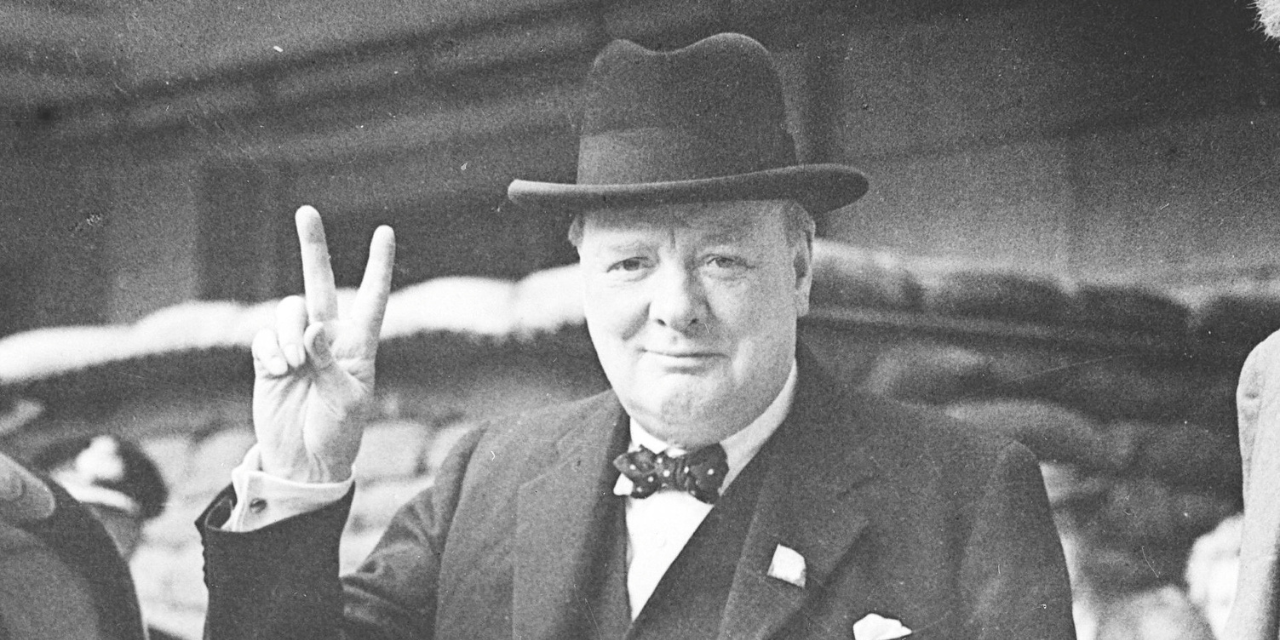The story is told of British Prime Minister Winston Churchill convening a meeting of his highest military and political leaders during the last week of May in 1940 as the Battle of Dunkirk unfolded.
Between May 26th and June 4th of that year, over 338,000 troops were evacuated from the small coastal town of Dunkirk, France. It was called “Operation Dynamo,” and it would prove to be a pivotal point in World War II as Allied troops survived to fight another day. Some suggest the evacuation was nothing short of a miracle, especially since the whole war could have been lost had Great Britain succumbed.
So, the scene at 10 Downing Street this particular day was dark, sober and solemn. Remember the United States was still not in the war, and Hitler’s Nazi henchman were rolling across Europe. France would fall by mid-June.
“Gentlemen, we stand alone,” Churchill told those assembled. “And may I say, I find that very inspiring.”
Speaking to the House of Commons on June 4th of that same year, the newly minted prime minister would deliver one of the most famous speeches of his political life.
“Even though large tracts of Europe and many old and famous States have fallen or may fall into the grip of the Gestapo and all the odious apparatus of Nazi rule, we shall not flag or fail,” he assured them. “We shall go on to the end, we shall fight in France, we shall fight on the seas and oceans, we shall fight with growing confidence and growing strength in the air, we shall defend our Island, whatever the cost may be, we shall fight on the beaches, we shall fight on the landing grounds, we shall fight in the fields and in the streets, we shall fight in the hills; we shall never surrender, and even if, which I do not for a moment believe, this Island or a large part of it were subjugated and starving, then our Empire beyond the seas, armed and guarded by the British Fleet, would carry on the struggle, until, in God’s good time, the New World, with all its power and might, steps forth to the rescue and the liberation of the old.”
Of course, the old British bulldog made good on his pledge. Hitler was eventually defeated and the continent was ultimately liberated.
But he had to go it alone for some time – and those times were extremely difficult.
I’ve been thinking about Churchill’s observation and tenacity lately, especially in light of our ongoing cultural revolution.
As Christians, it often feels like we stand alone, at least in terms of standards and tactics. We’re mocked for our morality and dismissed by many in culture as being out of touch. We’re even accused of being hateful, bigoted and unloving – even though the most loving thing we can often do is share God’s truth with grace.
Yet this cultural mismatch isn’t new. It’s good we feel out of place. It was the apostle Paul who wrote to the believers at Ephesus, reminding them they were to be different.
“So I tell you this, and insist on it in the Lord, that you must no longer live as the Gentiles do, in the futility of their thinking,” he declared. “They are darkened in their understanding and separated from the life of God because of the ignorance that is in them due to the hardening of their hearts. Having lost all sensitivity, they have given themselves over to sensuality so as to indulge in every kind of impurity, and they are full of greed” (Ephesians 4:17-19).
How then should we live?
“You were taught, with regard to your former way of life, to put off your old self, which is being corrupted by its deceitful desires; to be made new in the attitude of your minds; and to put on the new self, created to be like God in true righteousness and holiness” (Ephesians 4:22-23).
We can agree with Churchill that it’s “inspiring” to live differently, especially when we’re trading the world’s ways for the Lord’s instructions.
On his daily “Briefing” podcast this past Monday. Dr. Al Mohler, president of Southern Seminary and a former Focus on the Family board member, noted:
“Love of neighbor is not just being sweet and polite. Love of neighbor also means we have an inherent responsibility to seek that the laws are righteous, that the laws comport with reality, that the policies and governing structures and reigning ideologies of our time are as consistent with biblical truth as is possible.”
That charge and that responsibility might leave us feeling alone many days – but also very inspired.






